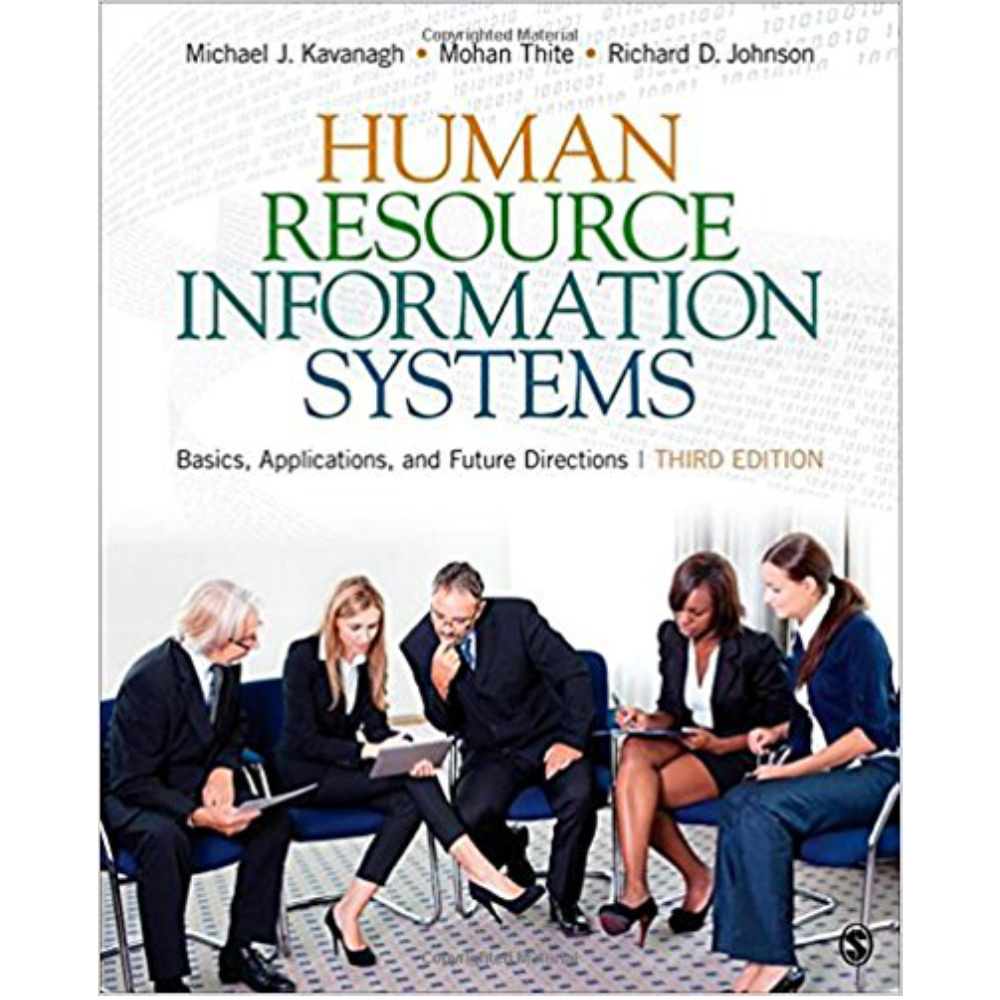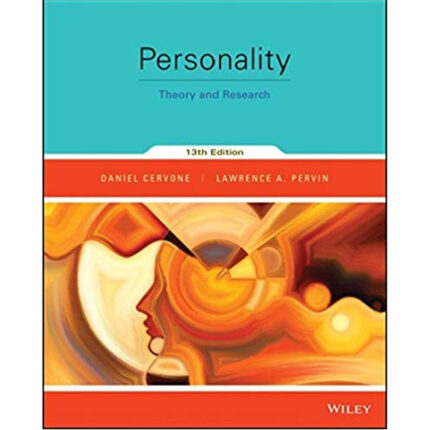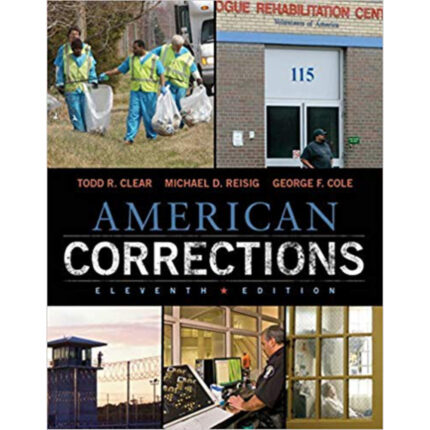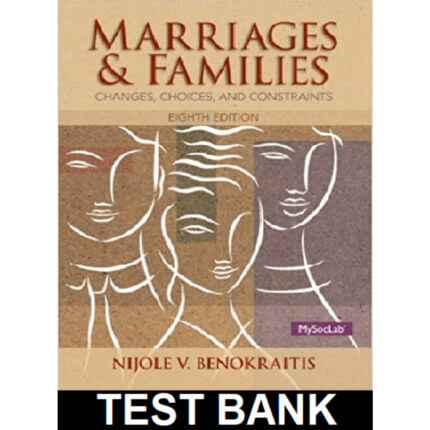Chapter 11: Talent Management
Multiple Choice
- Talent management is focused on:
- retaining talented employees
- recruiting and hiring employees
- training and promoting employees
*D. all of the above
- From the SHRM poll on what HR professionals felt was the top investment challenge over the next 10 years, about _______% said the top challenge was obtaining human capital and optimizing on human capital investments.
- 70 %
- 35%
*C. 47%
- 85%
- The most important aspect of a job description is that it is:
- used for compensation
*B. accurate and up-to-date
- based on scientific methods
- found to be legal
- The talent management lifecycle refers to:
- success and failure in finding new employees
- the long-term talent management strategy
- reusing the human resources planning (HRP) repeatedly
*D. none of the above
- The KSAs for a specific job would be used for:
- organizational structure of the company
- company’s culture
*C. recruitment of new employees
- job evaluation
- The results of Human Resources Planning (HRP) are estimates of:
- sales revenues for the next year
*B. number and kinds of employees needed in the future
- the level of profitability needed to avoid bankruptcy
- the amount of new technology needed to meet demand
- In Human Resource Planning, the forecast for labor demand is based on:
- training needs and performance appraisal
- skills inventories and the labor market
*C. annual employee turnover and expected strategic directions
- budget allocations and degree of automation
- The part of the supply estimate in HRP that is internal is based on:
*A. the historic movement of employees within the company by job
- the unemployment percentage in the company’s geographic location
- pay raises and bonuses given to excellent employees
- the level of the TM program within the company
- The need for both a long-term talent management strategy and a short-term tactical strategy is necessary because of:
- increased usage of HRIS in TM
- changes in corporate brand management
*C. the changing dynamics in the marketplace
- all of the above
- In order to develop talent within an organization, HRM programs must create:
*A. an adaptable workforce
- a global perspective
- an external environment assessment department
- a specific career progression plan for employees
- Corporate culture is based on:
- values that are important to all employees
- social networking among employees
- a set of fundamental norms
*D. all of the above













Reviews
There are no reviews yet.